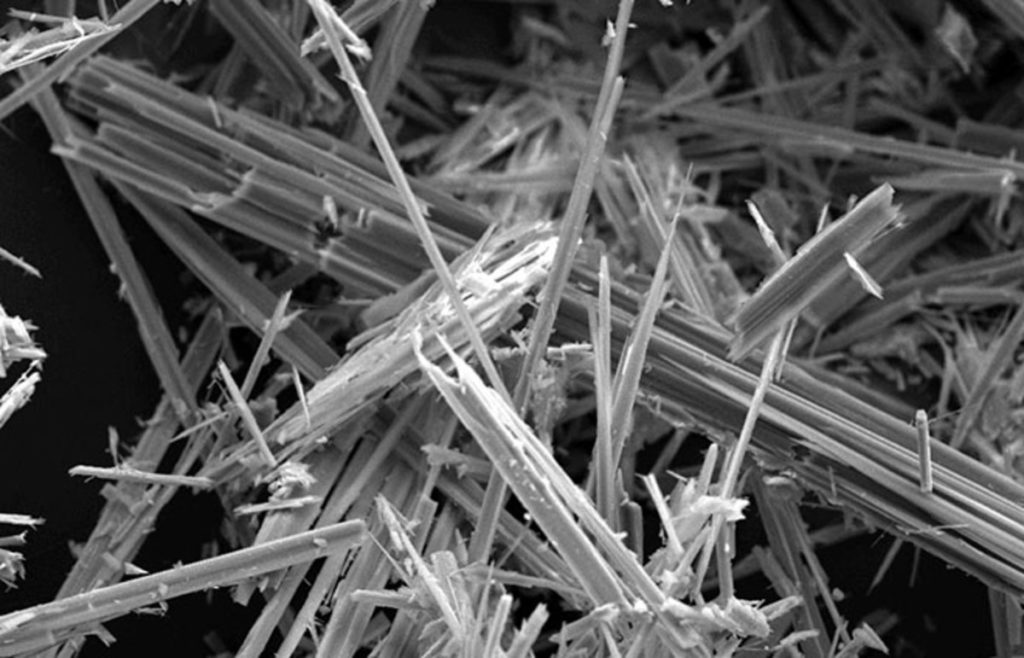The United States Environmental Protection Agency (EPA) has proposed following 70 other countries by banning the most common form of asbestos, chrysotile, from import and use here. Through most of the twentieth century asbestos was used in building and industrial materials as well as other products, causing a public health catastrophe for workers and consumers alike.
By the mid 1970s the Occupational Safety and Health Administration (OSHA) regulations governing asbestos exposure levels and safety procedures made much of its use in the workplace impractical. However, despite public perception, and the actions of much of the civilized world, asbestos has never been completely banned in the United States. Chrysotile asbestos, a known carcinogen, is the only form of asbestos that is still imported and used here. Asbestos diaphragms are used in the chlorine manufacturing industry, and asbestos gaskets and friction materials, such as automotive brakes, are still being used.
The Toxic Substances Control Act (TSCA) and the EPA tried to ban asbestos use in 1989, but the ban was largely overturned by the courts. The Obama Administration sought to revitalize those efforts. The Frank R. Lautenberg Chemical Safety for the 21st Century Act, which amended the TSCA, received bipartisan support and was signed into law in 2016.
The Trump Administration limited the scope and effectiveness of the TSCA, but a federal court called those limits “arbitrary and capricious” and required a comprehensive evaluation of asbestos risks. In December 2020, the EPA issued its final risk evaluation which found unreasonable risks to human health from the continued use of chrysotile asbestos.
The EPA’s latest proposed rules would prohibit the manufacture, import and use of chrysotile in sheet gaskets, industrial brake blocks, automotive friction material (such as brake linings), and asbestos diaphragms used in the chlorine industry. Though the chlorine manufacturing industry is protesting the proposed rules, the asbestos diaphragms are only used in a limited number of older plants, and more efficient and updated methods without the use of asbestos are available.
The Asbestos Disease Awareness Organization (ADAO) and other environmental health organizations have lauded the proposed ban on chrysotile asbestos. Linda Reinstein, the president of the ADAO, and widow of a mesothelioma victim, has called the proposal a landmark step forward. The EPA is currently engaged in a separate evaluation of legacy, or in place, asbestos, including its disposal, other types of asbestos in addition to chrysotile, and the presence and effect of asbestos contamination in talcum products. Public health advocates, including ADAO’s Reinstein, are hoping for an even more widespread ban.
Since 1978 Thornton Law Firm LLP has represented individuals and their families in mesothelioma and asbestos claims. If you have been diagnosed with mesothelioma, call our Boston mesothelioma lawyers using our toll-free number 888-632-0108 or tell us your story here for a free, confidential and no-risk consultation.

